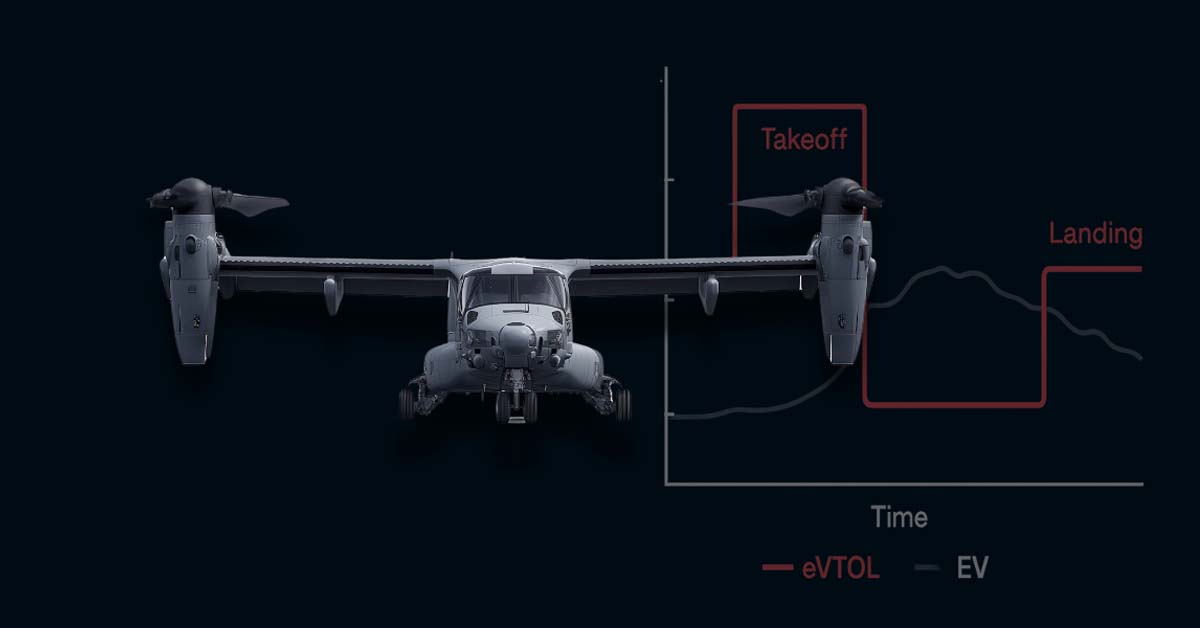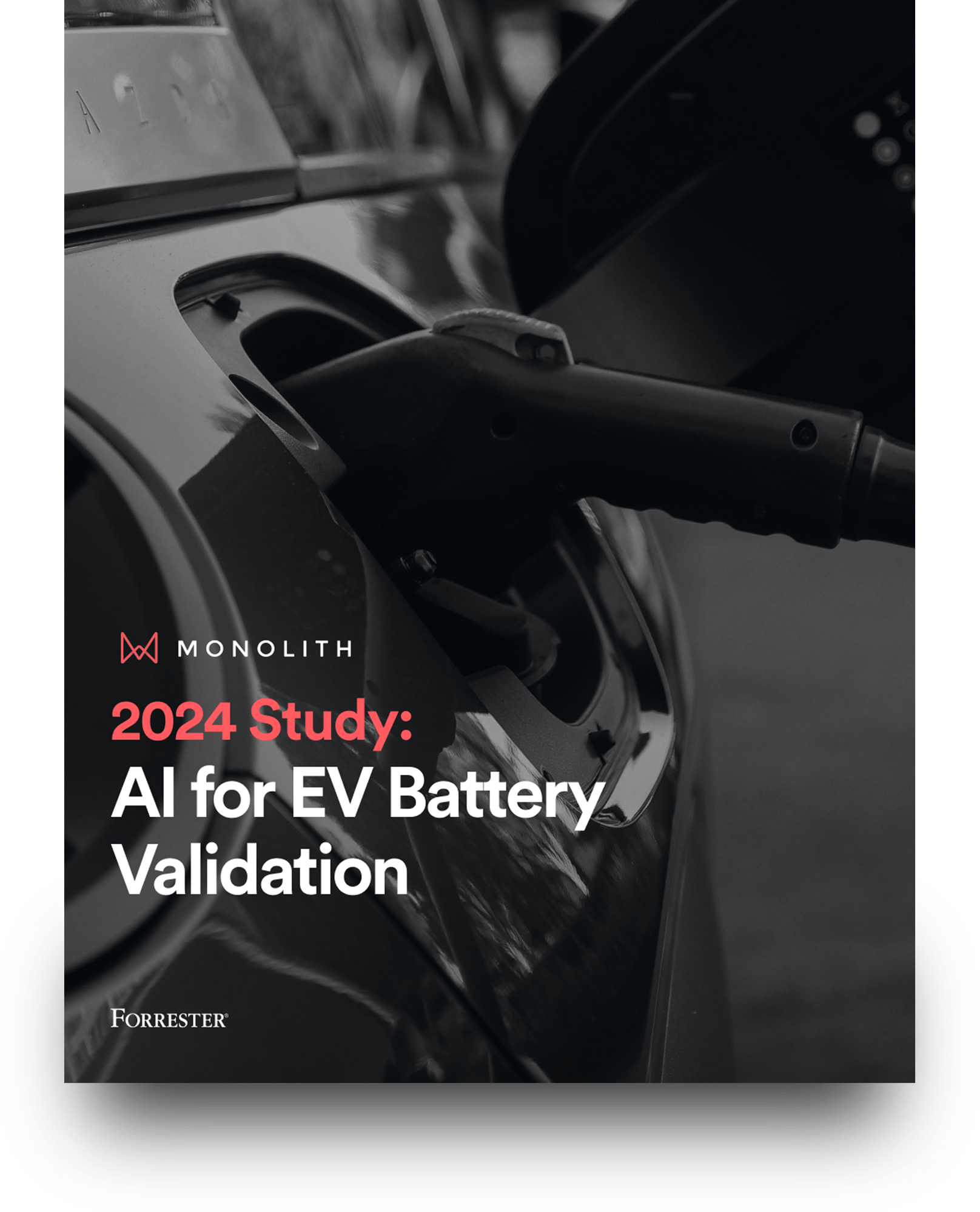Industry
Empowering aerospace and defense engineers
Reduce costly and labour-intensive testing, decrease risks to product performance and quality, and shorten product development duration with AI.
Get in touch
How Monolith supports aerospace and defence engineering professionals.
Our AI platform helps domain experts at leading firms like Rolls-Royce and BAE Systems deliver better products, faster, with no coding required.
Featured in Forbes magazine and named one of the UK’s top 100 startups, Monolith founder Dr. Richard Ahlfeld received his PhD in Aerospace Engineering from Imperial College and was named in MIT Technology Review’s Top 10 Innovators under 35.
“Our products create massive amounts of data throughout their entire lifecycle, bringing this data together requires a new set of skills, no blueprint exists yet because the ways of working have changed significantly.”
- Dave Holmes, Operations & Technology Director, BAE Systems
Industry News: Blog
Are Your eVTOL Battery Tests Realistic Enough?
eVTOL battery safety demands smarter, flight-specific testing—not just automotive methods. AI-guided tests reveal real risks and prevent failures before they reach the skies.
Challenges facing aerospace and defense engineers
Featured content
Robust active learning for next test recommendations
Integrating Monolith in your verification and validation process can enhance operational efficiency and streamline testing procedures, reducing reliance on excessive physical tests.
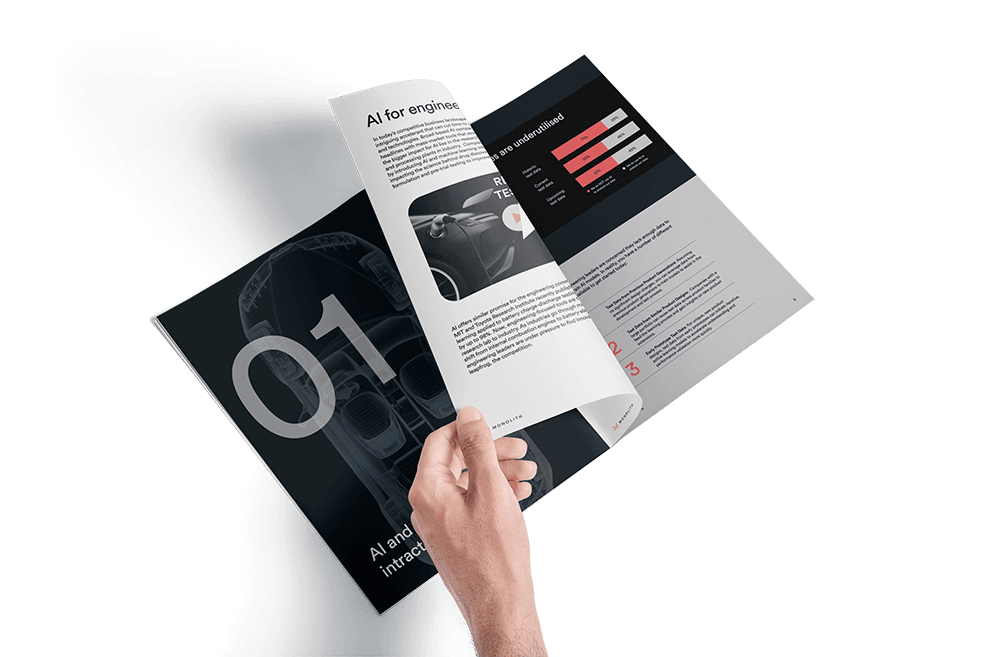
AI for simplifying validation testing
Four applications for AI in validation test
AI has a significant impact on validation testing in engineering product development. You can reduce testing by up to 70% based on battery test research from Stanford, MIT, and Toyota Research Institute.
On-demand webinar
Battery testing with AI:
Build a more efficient test plan you can trust
In the first part of the EV webinar series, we reviewed the latest research on using AI models to significantly reduce the testing needed for EV batteries. In this follow-up webinar, we’ll show how to implement these concepts using Monolith software.
Aerospace and defense use cases
Aircraft wind tunnel testing
- By simulating an aircraft using computational methods such as Computational Fluid Dynamics (CFD), engineers can mimic the physical domain and run virtual wind tunnel experiments for a fraction of the price. This allows aerospace engineers to understand the performance of designs in advance, thus narrowing down the right design choices for the prototype stage.
- Build 3D AI models that directly predict rolling road wind tunnel performance of a rim from the CAD design – faster and more accurate than CFD!
- By importing data from the sensors, test rig, and airflow, the customer can accurately predict the readings from sensors that have failed, the aerodynamic performance of the product, and the impact of air contamination on the test.
Book a Demo
_done.png)
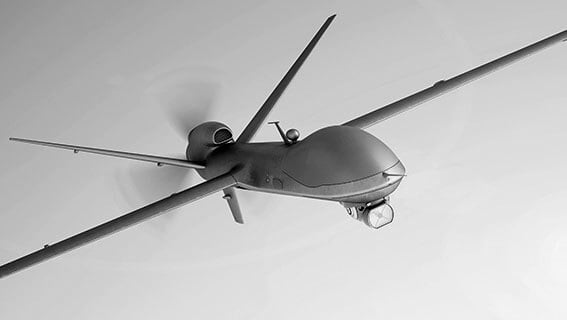
Flight dynamics
- Predict turbulent aircraft behaviour with Monolith. Perform dynamics tests in 72–80% less time using Bayesian Deep Learning in a clever new way.
- As gusts occur at many different wind speeds, flight altitudes, and for differently loaded aircraft, engineers need to manually check 1000s of scenarios – a tremendously complicated task.
- With a deep neural network predicting changes in real-time as part of an interactive dashboard, this actually becomes quite fun to do.
Book a Demo
Composite material testing
- Use existing data and handle the categorical information (type of fibres) to train machine learning models in Monolith.
- Quickly calculate the properties of a composite material.
- Quickly find an optimal microstructure.
Book a Demo
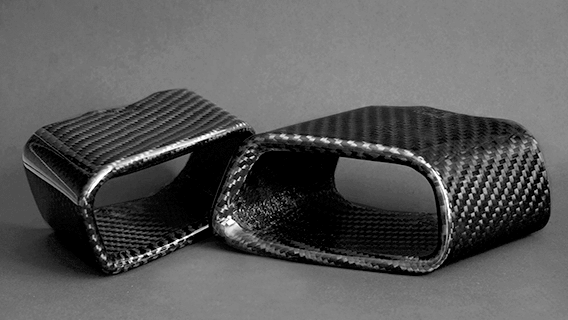
It is imperative to get to market faster.
You need to get to market faster with revolutionary new EV batteries but you can't rely on your current methods of physical testing and simulation*.
In our 2024 study, 58% say AI is crucial to stay competitive. Here are other highlights:
- 64% believe it's urgent to reduce the time and effort on battery validation
- 66% say it's imperative to reduce physical testing while still meeting quality and safety standards
- 62% indicate virtual tools, including simulation, do not fully ensure battery designs meet validation requirements
Download Study
AI for crash testing
Why crash test is an ideal use case for AI
BMW Group proves that product development timelines can be dramatically cut by using engineering data to eliminate repetitive, time-intensive testing.
.png?width=2000&height=1314&name=MicrosoftTeams-image%20(3).png)

_4_w_66.png?width=66&height=66&name=BMW_logo_(gray)_4_w_66.png)





